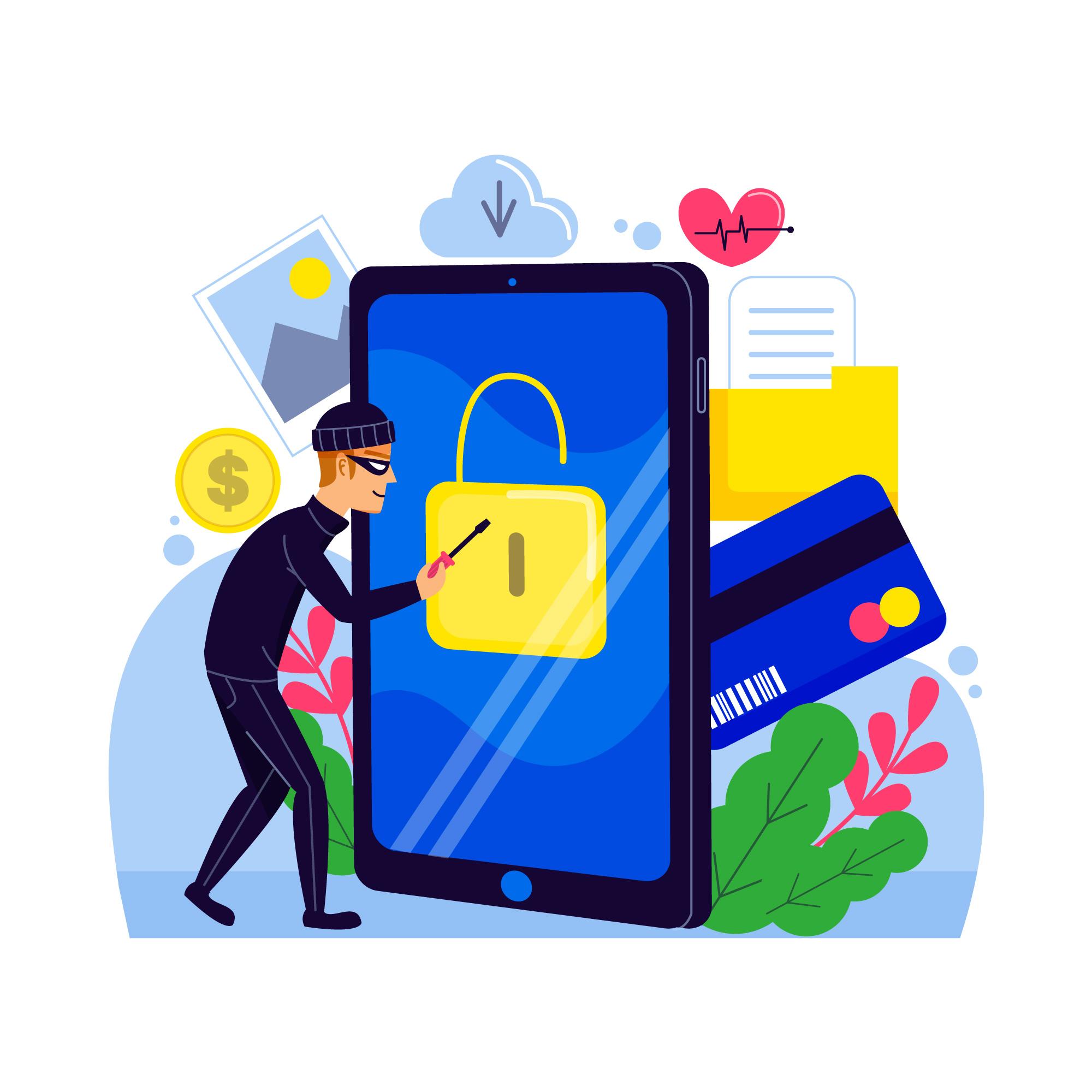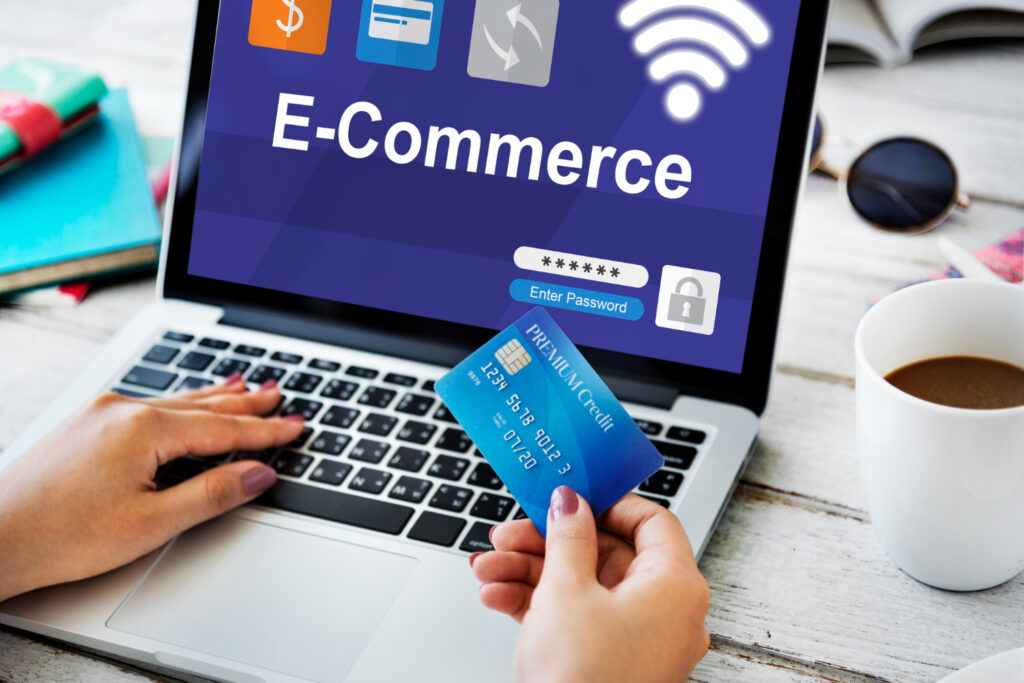In the digital age, e-commerce has become an integral part of our lives. With the convenience of shopping from the comfort of our homes, the popularity of online shopping continues to soar. However, as the world of ecommerce thrives, so do cyber threats. The need for robust ecommerce security strategies has never been more critical. In this comprehensive blog, we’ll explore the challenges posed by online threats and provide you with effective strategies to safeguard your online shopping experience.
Chapter 1: Understanding the E-commerce Security Landscape
1.1. The Rising Cyber Threats
The digital age has brought forth an explosion of online shopping opportunities, but it has also given rise to a surge in cyber threats. Hackers and cybercriminals are constantly devising new methods to exploit vulnerabilities in ecommerce websites and compromise user data. From data breaches and phishing attacks to malware-infected websites, the threats are numerous and ever-evolving.
As an online shopper, it’s crucial to be aware of these threats. Understand that the digital landscape is not without risks, and you must take proactive steps to protect your online shopping endeavors.
1.2. Consequences of Inadequate Security
The consequences of inadequate e-commerce security can be severe. When an e-commerce website is compromised, it not only puts the company’s reputation at risk but also exposes users to various risks, including:
- Financial Loss: Cybercriminals may steal credit card information, drain bank accounts, or make unauthorized purchases using your payment methods.
- Identity Theft: Your personal information, such as your name, address, and Social Security number, can be stolen and used for identity theft.
- Privacy Invasion: Your online activity, including shopping habits and personal details, may be monitored and used for malicious purposes.
Chapter 2: Key Ecommerce Security Components
2.1. SSL Encryption
Secure Sockets Layer (SSL) encryption is a fundamental component of e-commerce security. When you visit a website with SSL protection, you’ll notice a padlock icon in the address bar and a URL that starts with “https.” SSL ensures that data exchanged between your browser and the website’s server is encrypted and secure. It’s crucial to check for SSL when shopping online, especially when providing sensitive information.
2.2. Two-Factor Authentication (2FA)
Two-factor authentication (2FA) is an additional layer of security for your online accounts. With 2FA enabled, even if someone gains access to your password, they won’t be able to log in without the second authentication step, such as a one-time code sent to your phone or email. It’s a simple but highly effective way to protect your accounts from unauthorized access.
2.3. Strong Passwords
Creating strong, unique passwords for your online accounts is a basic yet often overlooked aspect of e-commerce security. A strong password should be a combination of letters, numbers, and special characters, and it should be different for each online account. Password management tools can help you generate and store complex passwords securely.
2.4. Regular Software Updates
E-commerce platforms and software can have vulnerabilities that cybercriminals exploit. To counter this, software developers regularly release updates and patches that fix these vulnerabilities. Keeping your ecommerce platform, browser, and operating system up to date is crucial in preventing security breaches.
Chapter 3: Safe Online Shopping Practices
3.1. Trusted Websites
When shopping online, it’s essential to only visit and purchase from trusted websites. Before making a purchase, check for signs of a reputable online retailer, such as customer reviews, clear contact information, and a professional website design. Also, ensure the website uses SSL encryption by looking for “https” in the URL.
3.2. Avoiding Public Wi-Fi
Public Wi-Fi networks, such as those in coffee shops or airports, are often unsecured and can pose a significant risk to your online security. Hackers can intercept data transmitted over these networks. It’s advisable to avoid using public Wi-Fi for online shopping or, if necessary, use a Virtual Private Network (VPN) to encrypt your internet connection.
3.3. Protecting Personal Information
Protecting your personal information is paramount. Be cautious about sharing sensitive data, such as your Social Security number, on e-commerce websites. Legitimate online retailers will not request unnecessary personal information. Always review the website’s privacy policy to understand how your data will be handled.
3.4. Payment Methods
Choosing the right payment method can also contribute to your ecommerce security. Credit cards and digital wallets like PayPal often offer more robust fraud protection than other payment methods. Consider using them when making online purchases. Additionally, monitor your credit card statements and financial accounts for any suspicious activity.
Chapter 4: Ecommerce Security Tools
4.1. Antivirus Software
To protect your device from malware and viruses, it’s essential to have reliable antivirus software installed. Regularly update your antivirus software and run scans to detect and remove any threats that may have slipped through.
4.2. Virtual Private Networks (VPNs)
A Virtual Private Network (VPN) can be a valuable tool in securing your online shopping experience. A VPN encrypts your internet connection, making it difficult for hackers to intercept your data. When shopping on public Wi-Fi networks or when you want to maintain your privacy, using a VPN is an excellent choice.
4.3. Website Security Scanners
For online retailers, website security is equally crucial. Utilizing website security scanning tools can help you identify vulnerabilities in your e-commerce platform, website code, and server configurations. Regular scans can reveal security weaknesses that need to be addressed promptly.
Chapter 5: Ecommerce Security for Online Retailers
5.1. Secure Hosting
If you operate an e-commerce website, choosing a secure hosting provider is vital. A reputable hosting service will have robust security measures in place, such as firewalls, intrusion detection systems, and regular security audits. Invest in a hosting provider that prioritizes security.
5.2. PCI DSS Compliance
If you accept credit card payments on your e-commerce website, compliance with the Payment Card Industry Data Security Standard (PCI DSS) is mandatory. PCI DSS provides a set of security requirements and best practices to protect cardholder data. Failure to comply can result in significant fines and damage to your reputation.
5.3. Regular Security Audits
Online retailers should conduct regular security audits and vulnerability assessments. These audits help identify and rectify security weaknesses that could be exploited by cybercriminals. Engaging a professional cybersecurity firm or using automated scanning tools can aid in this process.
Chapter 6: The Future of E-commerce Security
6.1. Emerging Technologies
The landscape of ecommerce security is constantly evolving to counter new threats. Emerging technologies, such as artificial intelligence (AI) and machine learning, are being employed to detect and prevent cyber threats in real time. As an online shopper or retailer, staying informed about these developments is crucial to maintaining a high level of security.
6.2. Privacy Regulations
Data privacy regulations like the General Data Protection Regulation (GDPR) in Europe and the California Consumer Privacy Act (CCPA) in the United States are shaping the future of e-commerce security. These regulations require companies to take measures to protect user data and give consumers more control over their personal information. As these regulations expand globally, e-commerce businesses must adapt and comply.
Conclusion
In the digital age, protecting your online shopping experience is paramount. The threat landscape continues to evolve, making it crucial to stay informed and proactive. By implementing the strategies and best practices outlined in this blog, you can significantly enhance your ecommerce security and enjoy safe and worry-free online shopping.
Remember, the digital age offers incredible convenience, but it’s your responsibility to protect your online presence. Stay informed, stay secure, and enjoy the world of e-commerce with peace of mind. Your online security is worth the effort.



